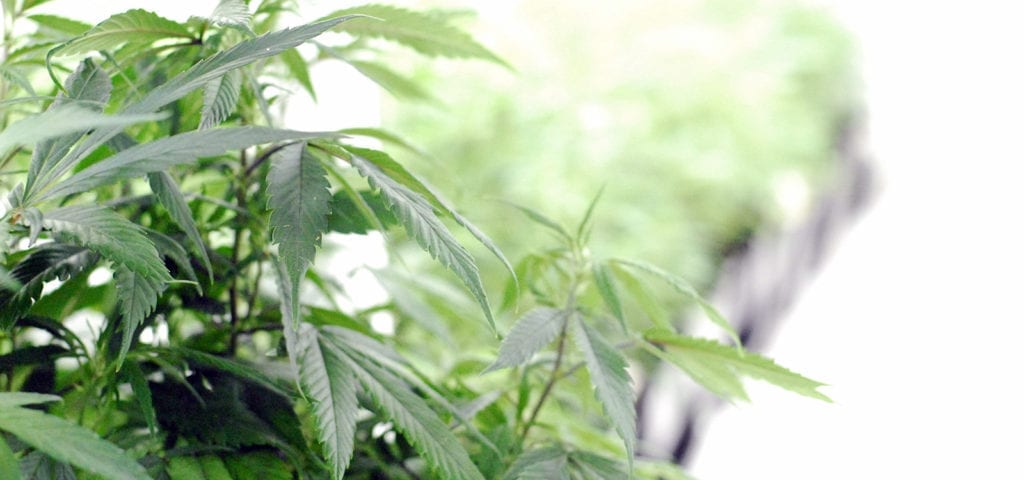Advocates in Texas say the state’s medical cannabis program may not serve any patients due to the limited product offerings and language in the law requiring physicians to “prescribe” cannabis that may prevent doctors from certifying patients out of fear of violating federal law, the Houston Press reports. The measure was signed by Gov. Greg Abbot in 2015 and as of Sept. 1, three companies had been licensed to grow and produce cannabis and cannabis oils in the state.
Last month, the Texas Cannabis Industry Association sent a letter to the governor’s office and the Department of Public Safety, accusing officials of enacting a broken law that makes the program unworkable, claiming that it requires state agencies to act in good faith in order to work.
And while physicians in states with medical cannabis programs are permitted to “recommend” cannabis, which is codified by a 2002 Ninth Circuit Court of Appeals ruling, they are not allowed under federal law to “prescribe” cannabis – a requirement of the Texas program.
Heather Fazio, spokeswoman for the Texas Marijuana Policy Project, said the group is concerned the language will prevent doctors from registering with the program.
However, state Rep. Stephanie Klick, who introduced the House version of the law, said the language was what physicians “felt comfortable with.” While Rusty Payne, a Drug Enforcement Administration spokesman was adamant that physicians could not prescribe a Schedule I substance.
“If a medicine could be prescribed, it would not be Schedule I,” he said in the report. “Does that make sense?”
The only way to change the language is via the Legislature.
Advocates also argue that since the law limits THC content in the oils at 0.5 percent, patients can obtain similar products, derived from industrial hemp with 0.3 percent THC, on the Internet, making Texas’ law relatively moot.
Get daily cannabis business news updates. Subscribe
End
